CURRENCY
BUSINESS OPPORTUNITIES IN SAUDI ARABIA
SAUDI ARABIA
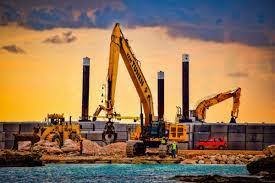

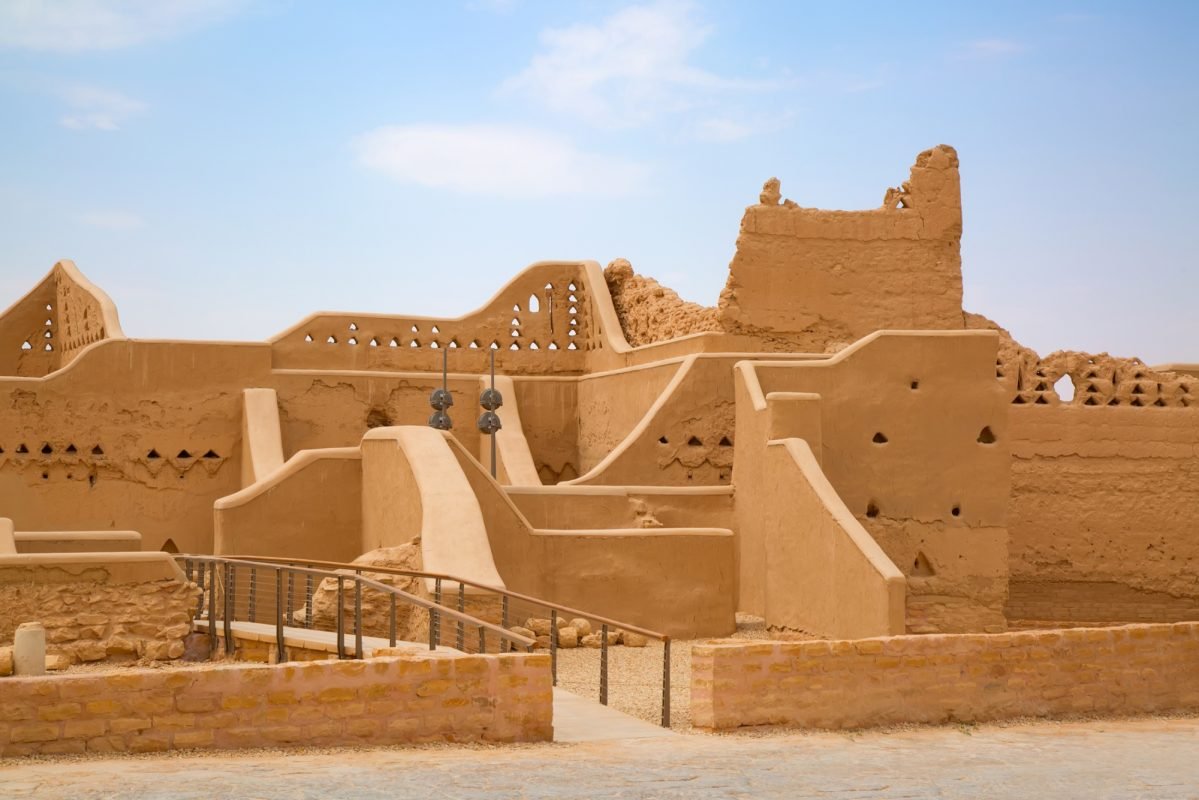
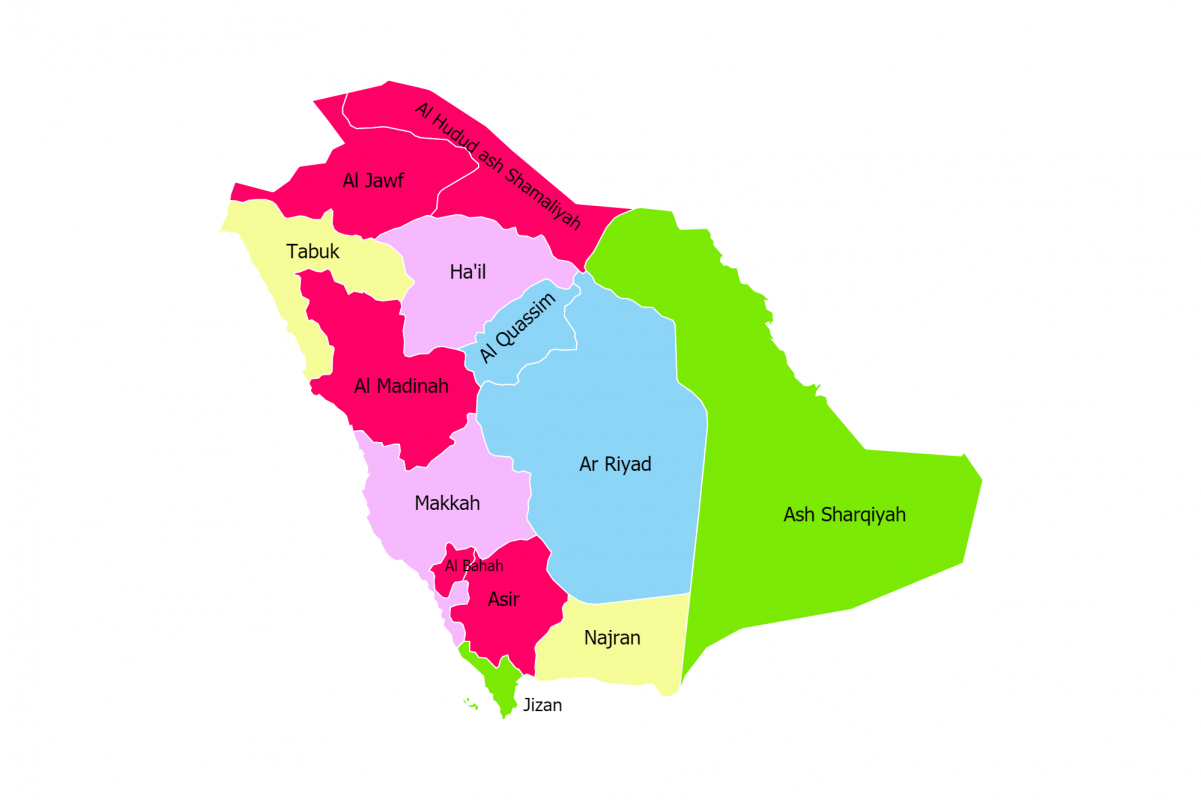
FLAG
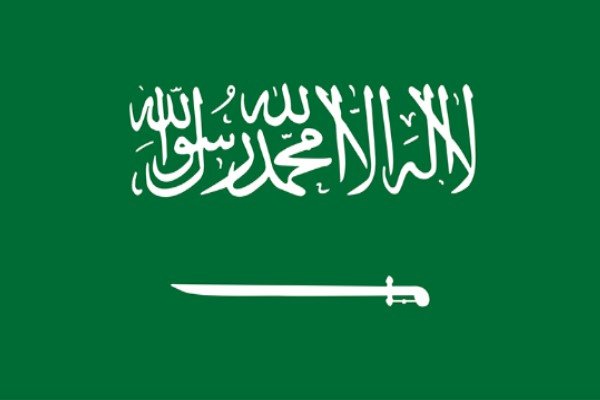
SAUDI ARABIA
CAPITAL CITY
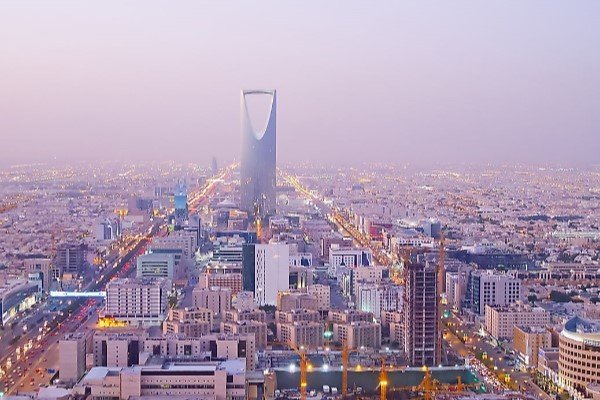
RIYADH

SAUDI RIYAL
Language

Population

3.54 CRORES
Country
Calling Code

+966
LOCATION:
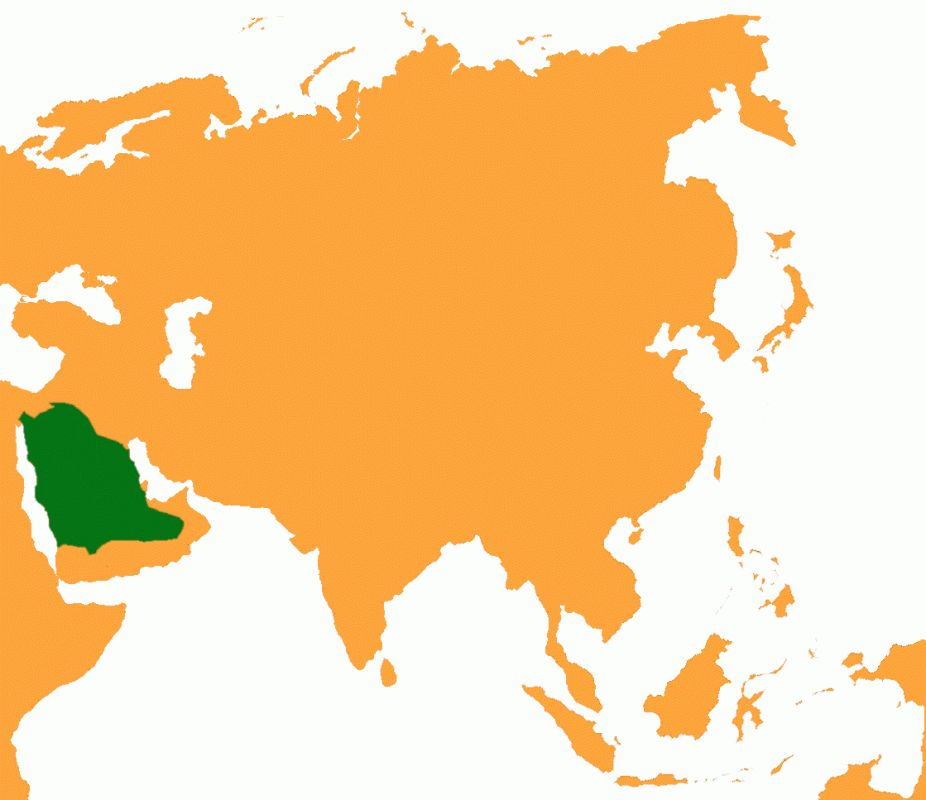
THE MIDDLE EAST
BORDER COUNTRIES:
KUWAIT
IRAQ
JORDAN
UAE
QATAR
YEMEN
OMAN
THE  MONEY SHOW SEASON 2.0
MONEY SHOW SEASON 2.0
Mining and Infrastructure Business in Algeria
Facebook live 7.00 Pm Today.
Join Millionaire Program and change everything in life and Business..
Call/ WhatsApp +91- 8094607111.
GDP= $804.92 billion
GDP Growth= -0.9%
Ease of doing business rank= 62
GDP per Capita=
MOST RECENT VIDEOS
SIGN UP TODAY
Get our exclusive content and offers in your inbox








